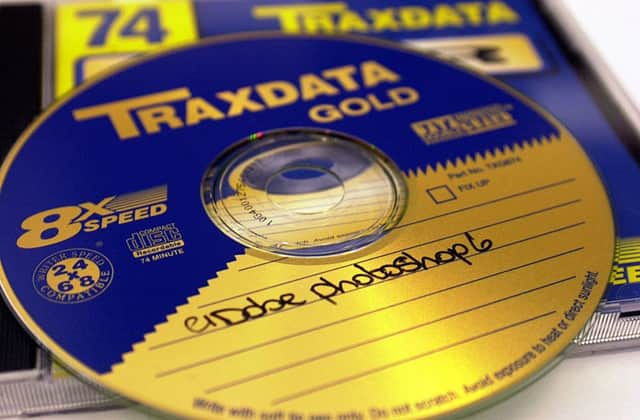Lawful music copying regulations quashed by court


The move follows a judge’s recent ruling that the Government went wrong in law when it decided not to introduce a compensation scheme for songwriters, musicians and other rights holders who face losses as a result of their copyright being infringed.
The decision was won by the Musicians’ Union, UK Music and the British Academy of Songwriters, Composers and Authors (BASCA), with a legal team led by two QCs, Ian Mill and Tom de la Mare.
Advertisement
Hide AdAdvertisement
Hide AdUK Music estimated the new regulations, without a compensation scheme, would result in loss of revenues for rights owners in the creative sector of £58 million a year.
The Department for Business, Innovation and Skills said when introducing the new regulations that they would cause only zero or insignificant harm, thus making compensation unnecessary.
But Mr Justice Green, sitting in London, ruled last month that the evidence relied on by the Government simply did not justify the claim that the harm would be “de minimis”.
Today, in a further decision, he said: “It is clear that I should quash the regulations. I make clear this covers the entirety of the regulations and all the rights and obligations contained therein.”
The changes had come into force last October under the Copyright and Rights in Performances (Personal Copies for Private Use) Regulations 2014.
Prior to October 1, it was unlawful, for example, to rip or copy the contents of a CD onto a laptop, smartphone or MP3 player for personal use, although the format-shifting activity had become commonplace.
The regulations introduced an “exception” into UK copyright law permitting the making of personal copies, as long as they were only for private use.
Jo Dipple, CEO of UK Music, said: “Last month, the High Court agreed with us that the Government acted unlawfully when it introduced an exception to copyright for private copying without fair compensation.
Advertisement
Hide AdAdvertisement
Hide Ad“We therefore welcome the court’s decision today to quash the existing regulations.
“It is vitally important that fairness for songwriters, composers and performers is written into the law. My members’ music defines this country”
The judge stressed that the case had raised a range of legal issues of wide significance for UK and EU law, most of which he had decided in the Government’s favour.
During a three-day hearing in April, Mr Mill told the judge the law on private copying had been in an unsatisfactory state for decades.
But the problem had been “massively exacerbated” by new digital technology and the internet and the quality and speed of reproduction and copying they allowed.
Mr Mill said the music industry welcomed the Government’s new measures “but objects to the lack of a fair compensation scheme to compensate rights owners for the harm caused - both historically and in the future - by private copying infringements of their rights”.
The UK Government, unlike the majority of other European countries, had failed to provide appropriate compensation, he argued.
Pushpinder Saini, representing the Department for Business, Innovation and Skills, contended that no credible evidence emerged during a lengthy consultation process that prejudice to rights holders “would be anything other than minimal”.
Advertisement
Hide AdAdvertisement
Hide AdThe measures adopted by the UK authorities were far more limited in scope than those adopted in other EU member states, submitted Mr Saini.
Under the new regulations, only the individual who purchased the original copy of the work, and not others such as a friend or family, is legally allowed to copy it.
Mr Saini argued that the music industry case “boils down to an opportunistic attempt to obtain a financial benefit which, if the exception had never been introduced, they would never have received”.
But the judge rejected the Government stance, saying it was “simply not justified” by the particular evidence it was relying on with regard to the compensation issue.